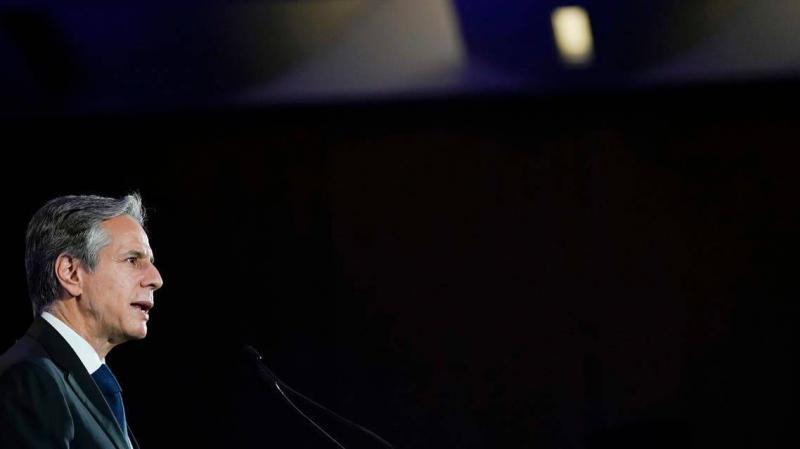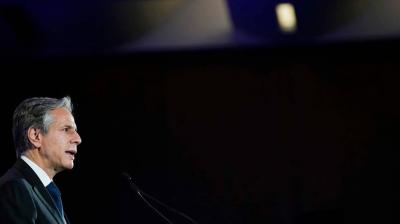U.S. Secretary of State Antony Blinken stated on Tuesday that the United States continues to pursue diplomacy in dealing with Iran concerning the return to nuclear talks. Blinken, in a press conference held in Indonesia, noted that Washington is working diligently with its allies and partners regarding alternatives.
Earlier on Tuesday, Iran accused the Western parties to the 2015 nuclear deal of continuing to play the blame game, a day after European diplomats indicated that the agreement would soon become pointless unless progress is made, as reported by Reuters. After a five-month hiatus, negotiations to revive the Iranian nuclear agreement resumed on November 29 in Vienna, with the participation of countries still party to the agreement: the three European nations (France, Britain, and Germany), as well as China, Russia, and Iran. The United States, which unilaterally withdrew from the agreement in 2018 and reinstated sanctions on Tehran under former President Donald Trump, is participating indirectly.
On Sunday, Iranian chief negotiator Ali Bagheri confirmed progress in defining the agenda of topics to be discussed in the Vienna talks. Bagheri stated in comments reported by the Iranian news agency (IRNA) in Arabic that "the two sides are moving forward to reach a clear consensus on the scope and limits of the issues to be included in the negotiation agenda." He regarded this as a "good achievement," asserting that reaching such a consensus would be significant as there have been disagreements between the parties from the outset.
However, Western countries have accused Iran of backtracking on points of agreement made in the spring, and the U.S. State Department expressed doubts that Tehran wants to buy time while continuing its nuclear program, which draws it closer to developing a nuclear weapon. In recent days, Washington has warned that it would not allow Tehran to continue this path and confirmed that an alternative plan is being prepared, without clarifying its nature.




